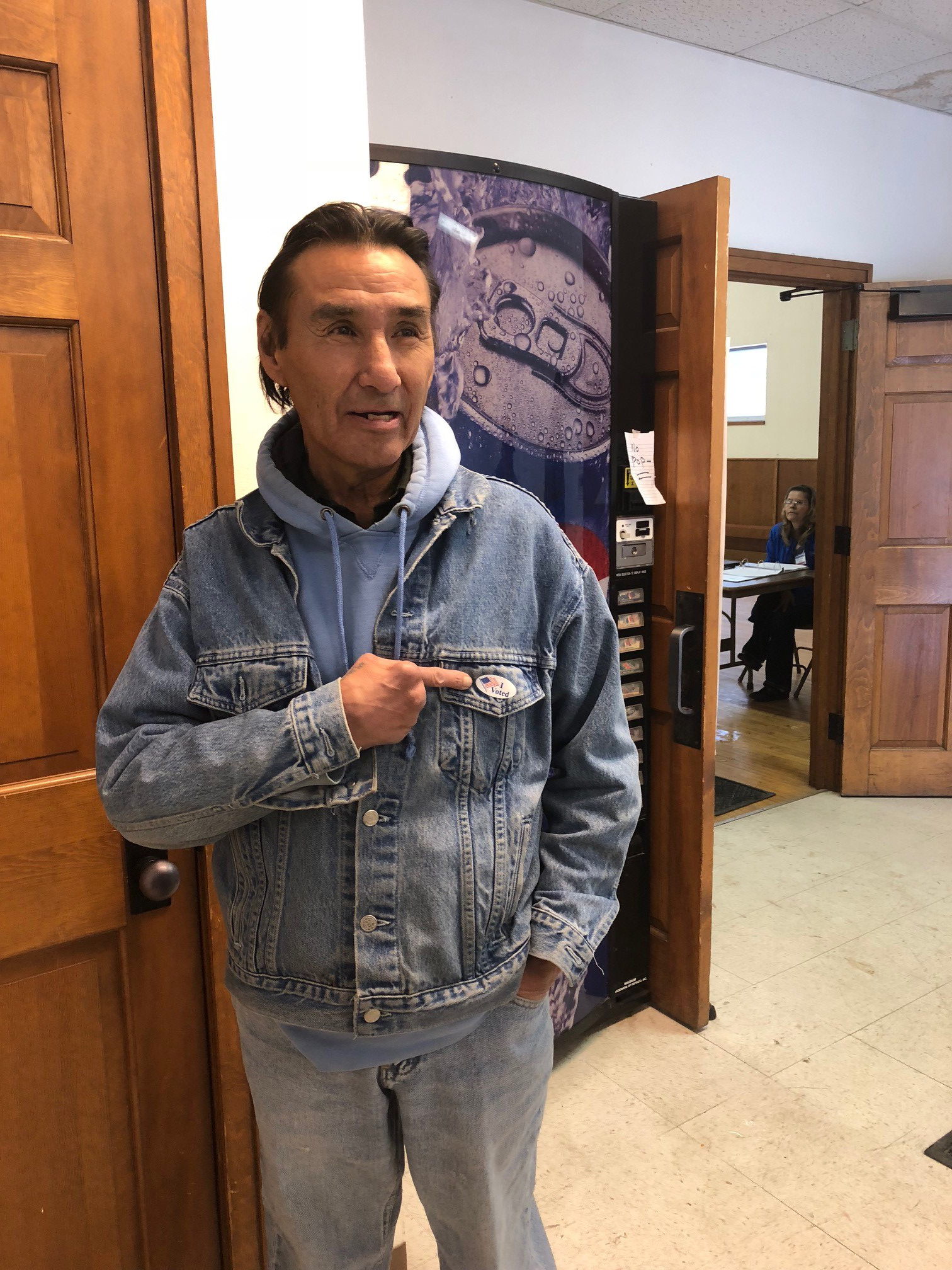On April 24, 2017, North Dakota Governor Doug Burgum signed House Bill 1369. This restrictive voter ID law put North Dakota beyond the norms of voter ID laws and violated the constitutional rights of the state’s citizens. Just like North Dakota’s previous law, which was found unconstitutional by a federal court, this law made it harder for some citizens—specifically Native American citizens—to exercise their right to vote.
Despite a nationwide outcry during the 2018 election cycle, North Dakota’s discriminatory voter ID law remained on the books. Finally, in February 2020, the Secretary of State agreed to settle two federal voting rights lawsuits brought by two tribes and several individual voters.
On April 24, 2020, the Spirit Lake Nation and Standing Rock Sioux Tribe filed a binding agreement with the state of North Dakota. The agreement is enforceable by court order and provides essential safeguards to protect Native Americans’ right to vote, easing the financial and logistical burdens that North Dakota’s voter ID law placed on tribes and individuals.
The Native American Rights Fund (NARF) and the Campaign Legal Center represented the two tribes in their legal challenge, Spirit Lake Tribe v. Jaeger, which was consolidated with NARF’s earlier Brakebill v. Jaeger case. The two lawsuits stem from the restrictive voter ID law enacted in 2013. Collectively, the two tribes have over 7,000 residents of voting age that will benefit from the consent decree, which will be in force for the statewide primary election on June 9.
“We have fought hard to protect the voice of Native voters in North Dakota. The ability to vote should never depend on home ownership or whether the government has assigned your home an address,” said NARF Staff Attorney Matthew Campbell. “We are relieved that North Dakota has recognized the need to hear all of its citizens’ voices, and we commend the state for taking these steps to ensure that Native American voters are able participate in the political process.”
One of its strongest protections in the consent decree is a provision that allows Native American voters who do not have or do not know their residential street address to locate their residence on a map at the polls or when applying for an absentee ballot, be provided with their address by county officials, and have their ballots counted.
North Dakota’s agreement with the two tribes will ensure that tribal IDs and tribally designated street addresses are accepted as valid. It also cements commitments made by state officials in February to seek reimbursement of the tribes’ expenses in producing voter IDs and to coordinate with the Department of Transportation to visit reservations prior to each election to provide access to state-issued IDs at no cost.
Read more about the North Dakota voter ID cases at the Native American Rights Fund website.
